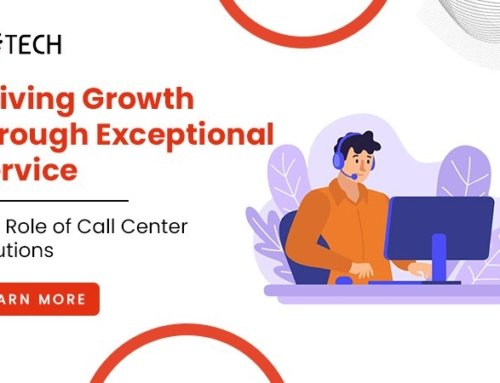
It typically requires a high-speed internet connection, a VoIP-enabled phone or headset, and a service provider. Some VoIP systems may require additional hardware or software, such as a VoIP gateway, IP-PBX (Internet Protocol Private Branch Exchange), or a softphone application.
VoIP phone systems offer a variety of features, including call forwarding, voicemail, call waiting, caller ID, and conference calling, among others. These features make VoIP phone systems a choice for businesses, educational institutions, and individuals for affordable communication solutions.
The growing restaurant industry in India
The restaurant industry in India has been experiencing significant growth in recent years. According to a report by the National Restaurant Association of India (NRAI), the industry was worth Rs 4.2 lakh crore in 2019. Experts say it may grow 10% annually to reach Rs 8.5 lakh crore by 2023.
Several factors have contributed to the growth of the restaurant industry in India. One of the primary factors is the changing lifestyle and eating habits of people in urban areas. With more people living in nuclear families and working long hours, eating out has become a more convenient option.
Additionally, the rise of technology has made it easier for consumers to access restaurant services through online ordering, food delivery apps, and table reservation systems. It has helped to increase the reach and visibility of restaurants and has made it easier for customers to discover new places to eat.
Do restaurants use VoIP phone systems?
Yes! Many restaurants use Voice over Internet Protocol (VoIP) technology for their communication needs. VoIP phone system helps businesses to communicate over the internet. It can be more cost-effective and provide greater flexibility than using a landline.
Restaurants may use VoIP for numerous purposes, such as taking orders over the phone, communicating with delivery drivers, or coordinating with staff members. VoIP can also provide features like call forwarding, voicemail, and conferencing. They can help manage a busy restaurant.
How VoIP phone service can help restaurants
- Cost savings:
Unlike traditional phones, VoIP phone systems are more affordable. They can also save restaurants a significant amount of monthly phone bills. It can be helpful for smaller restaurants that have limited budgets.
- Improved communication
VoIP systems allow clear and more reliable communication between staff members and customers. It can help generate accurate orders and customer satisfaction with dining experiences.
- Remote work capabilities:
With a VoIP system, restaurant staff can work from anywhere with an internet connection. It can be handy for managers who check in on multiple locations. Also, it can help staff members who need to work from home due to illness or other reasons.
- Integration with other systems:
Many VoIP systems can integrate with other restaurant management software. They can be point-of-sale systems, inventory management software, and customer relationship management tools. VoIP can also streamline operations and make it easier for the work management of restaurant staff.
- Enhanced customer experience:
VoIP systems can help restaurants provide a better customer experience by allowing staff to respond to client inquiries and concerns faster. It can lead to higher customer satisfaction and repeat business.
When implementing VoIP in a restaurant setting, it’s crucial to consider the following tips:
- Choose the right VoIP provider:
Look for a provider that offers features specific to the restaurant industry, such as call forwarding, voicemail transcription, and call recording.
- Invest in reliable hardware:
Choose high-quality hardware, such as headsets and microphones, to ensure that calls are clear and of less background noise.
- Train staff on VoIP
Provide training to staff members on how to use VoIP and its hardware to ensure effective and efficient use of the system.







